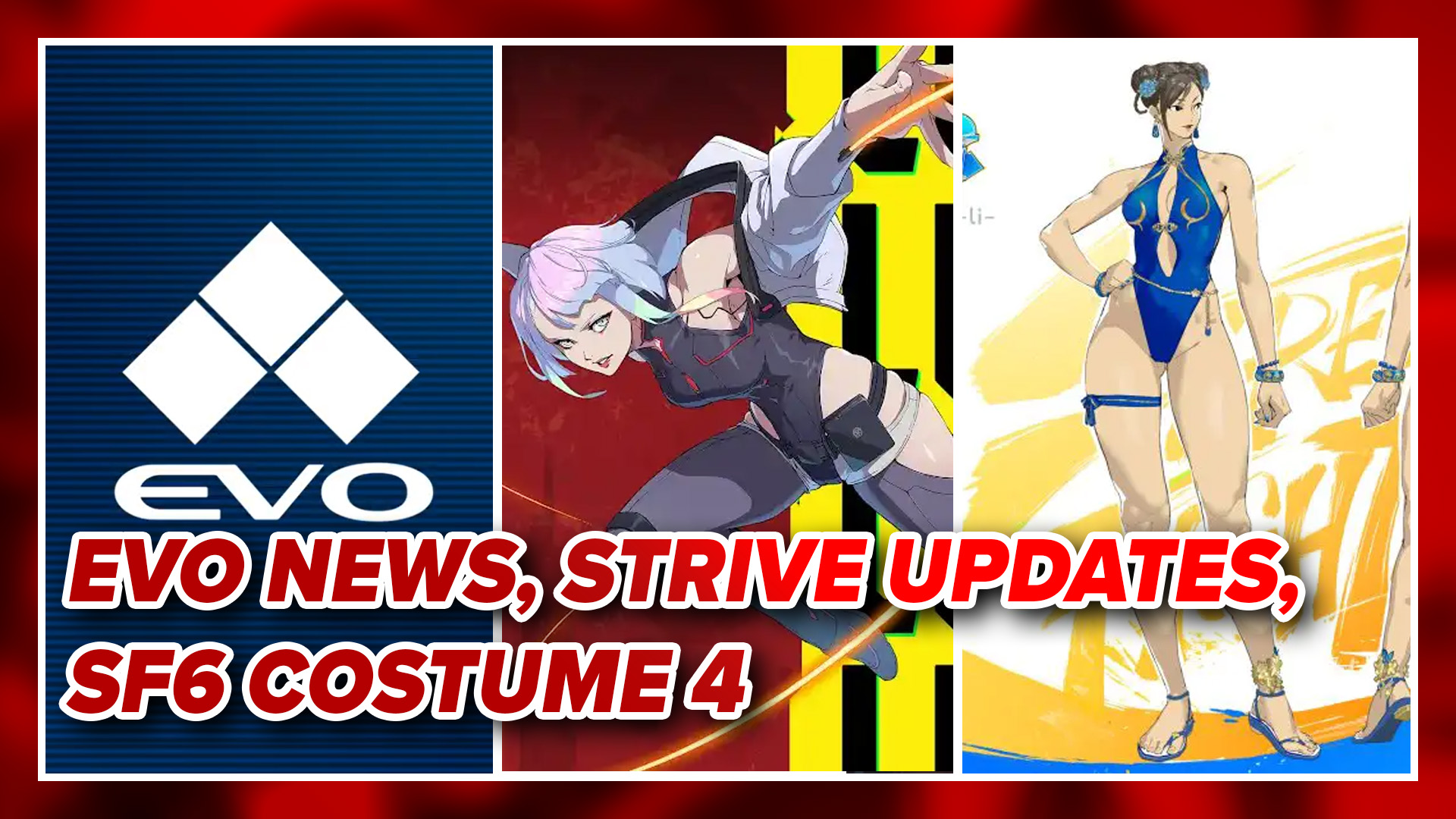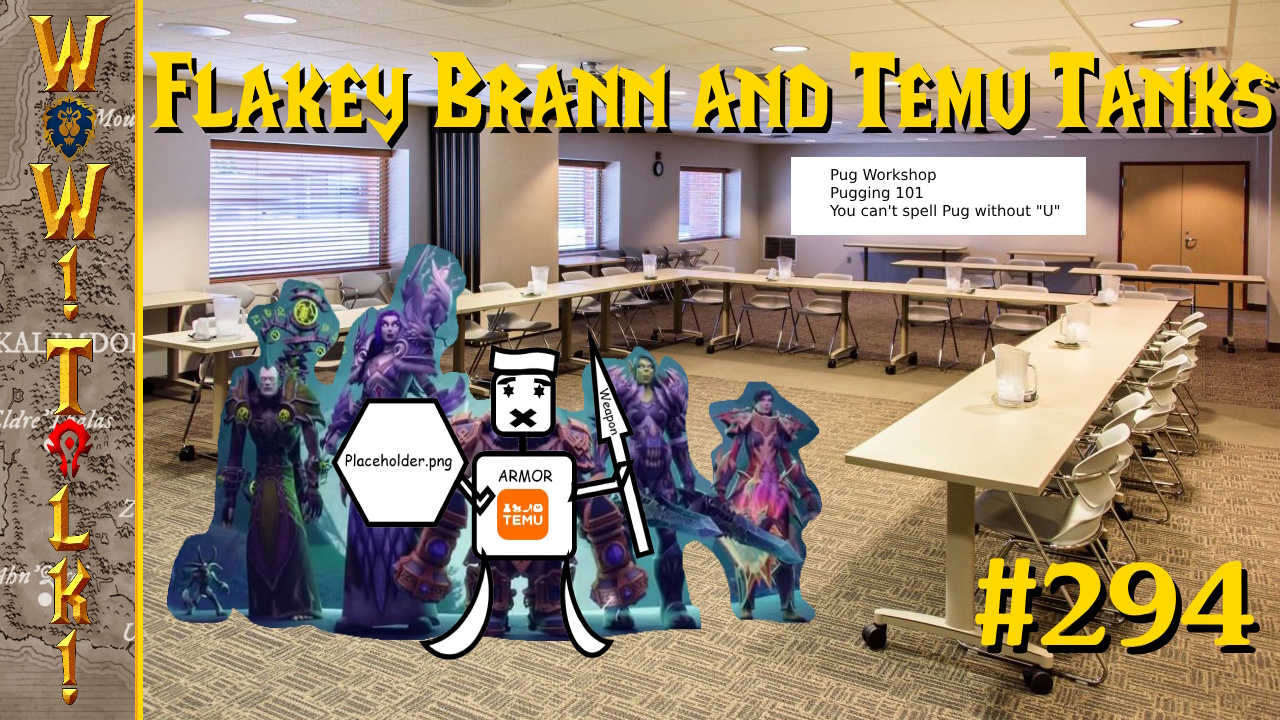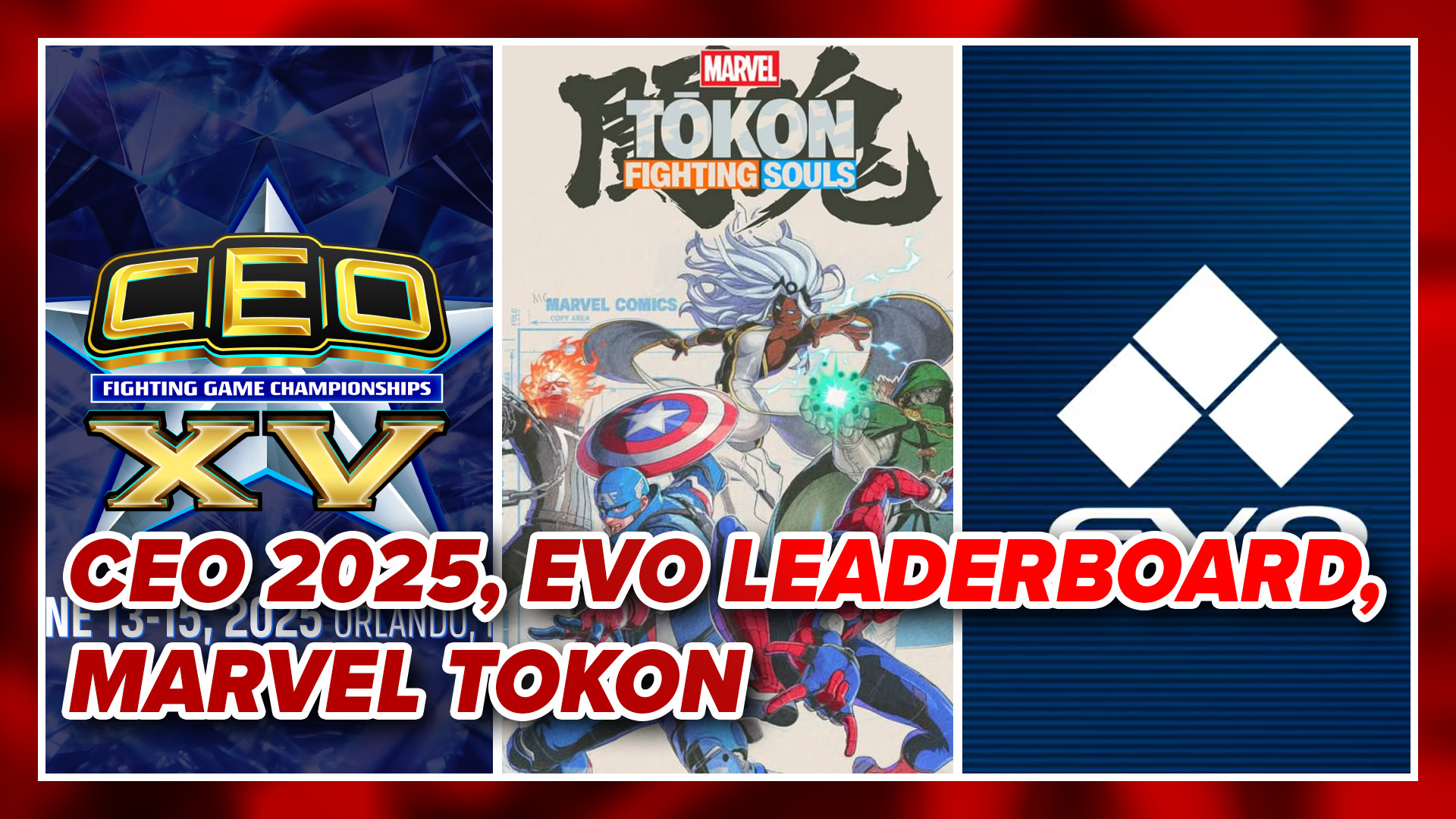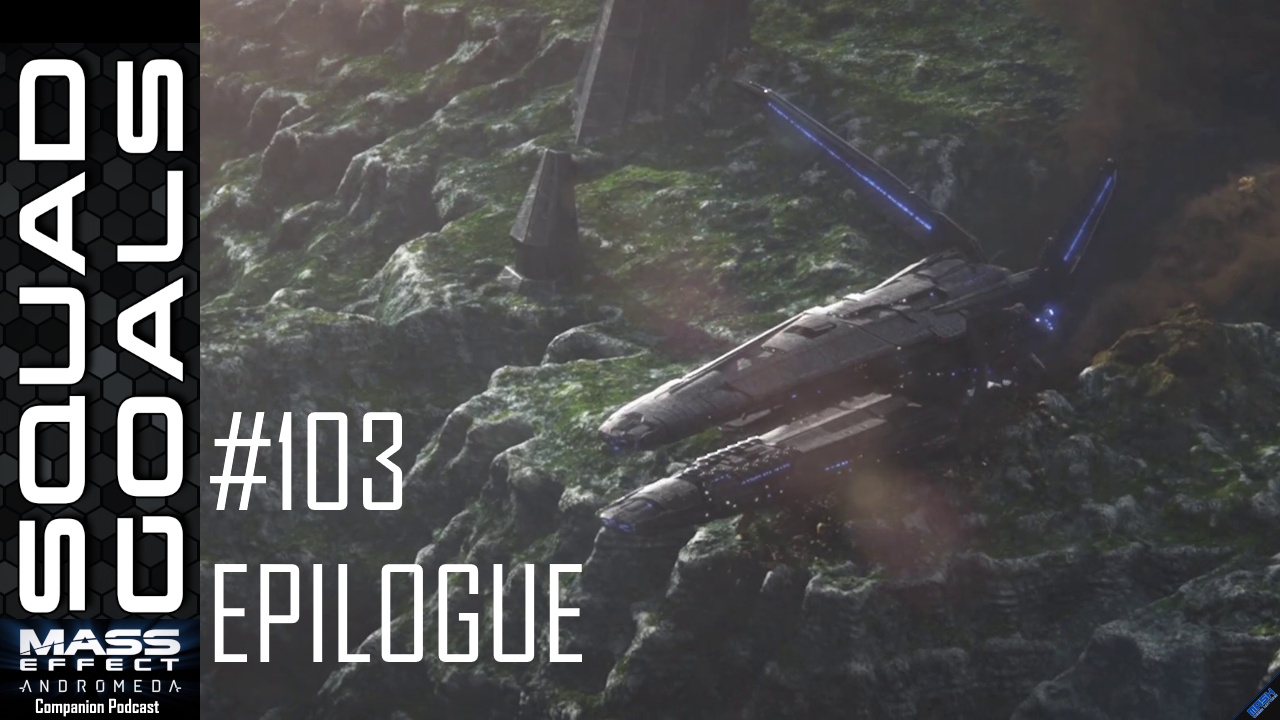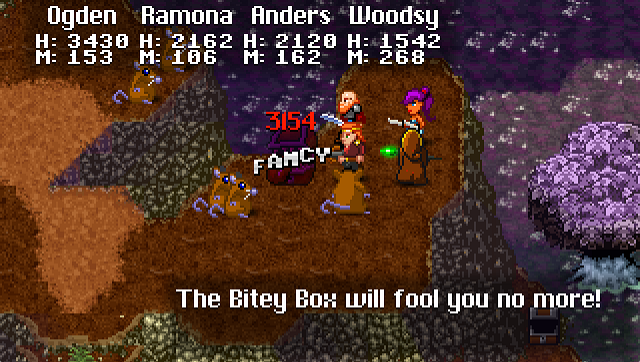
I threw off my blankets as soon as my eyes popped open. There was none of that tired, sluggish feeling that usually came with getting up early; not this time. I darted to the kitchen to pour myself a stupid-sized bowl of cereal that was 90% hard sugar that was supposed to be marshmallows. I plunked myself down in front of the tv, balancing the cereal in my lap while I started up my game, shoveling spoonfuls of cereal into my mouth as the opening screen lit up my dark room. It could have been a scene from my childhood – it was a scene from my childhood. This was just last Saturday morning, though, when I got to return to the adventures of Ogden in Dragon Fantasy: Book II.
If you didn’t play the first one, a wiki might be in order before you start the next. Even I had to read up on it to brush up on who everyone was, since the game just drops you right into the thick of the action. I was slightly bothered because I didn’t understand what was going on, but I was too busy fighting monsters to care. RPGs love to start off with exposition these days, and some of that might have helped me out a little bit, but shoving me right back into the action was such a pleasant surprise compared to what I was expecting that I couldn’t get mad. Really, did I want to hear about the various kingdoms and who was fighting them, or did I want to start stabbing monsters in the face?
Not only was the start action-packed, but it also set the game’s goofy tone – managing to reference a bunch of different things within minutes. The game featured something called a grue crab (a nod to Sully: A Very Serious RPG) and a land shark straight out of old episodes of Saturday Night Live. Beyond that, I got to meet a group of cowardly pirates who seemed awfully concerned with being awesome instead of being proficient in combat. The lovable Rock family and their marital troubles were back from the last game as well, along with several other members of their family (Such as the colossal RagnaRock and RockMan, who looked suspiciously like a certain neglected Capcom mascot).

This sort of humor makes walking around towns actually fun, too. I tend to dread coming to new towns in many RPGs, as the various morons who live inside of them mostly just say inane things. You’re stuck listening to every lunkhead who thinks that mountains are nice and that “This is the life” for what probably amounts to almost half the game, but in Dragon Fantasy: Book II, I loved talking to everyone. They all had something at least mildly interesting to say about the game world, would offer a quest, or would say something that was just silly or that teased some aspect of the genre. This game rarely takes itself seriously, making its emotional moments that much stronger while also making sure I’m always paying attention to what’s being said to me. It was refreshing, and an accomplishment few games besides Earthbound have managed to pull off.
Those quests are a nice addition to the game, too. It makes talking to the people in town more useful, and the quests themselves can give some nice rewards for a small amount of work I was going to do anyway. Often, you just have to kill or capture a unique enemy, or poke around an area to find an item that’s been hidden on the ground. The people who hand you the quest give clues as to where you need to go, which was really handy when you’re looking for something nearly-invisible on a huge screen, but you’d better be paying attention the first time they tell you – NPCs don’t repeat the clues they give, and while the game does keep track of them in a menu, it doesn’t tell you much. You’re actually better off keeping handwritten notes about what you’re supposed to be looking for if you want to have an easier go of it. Since you tend to stumble across whatever you need to do over the course of regular play it’s not bad, but you will miss a few quests without paying strict attention.
That money you get from quests is a nice bonus, as the items and equipment are still pretty expensive in this game. I’m not talking Dragon Warrior expensive (where the whole game feels like one long shopping trip filled with the awful peril of losing your money), but it’s still costly enough to outfit an entire party with the best stuff. The thing is, the difficulty in this game felt a lot better balanced than in the last one, so having optimal equipment was less of a necessity. Not having the best stuff might put you at slightly more risk from the enemies, but it’s not something you absolutely need to move on. It encouraged me to keep moving along the game rather than take the time to level myself for a little while, cutting out the grinding element that turns some people off the genre.

If you are having trouble and have some open spots in your party, you can always rope an enemy into coming along with you. Using the same insane logic that informs Pokemon (that if you capture a wild, ferocious animal, it will love and obey you the instant you let it out of its imprisonment), you can toss a capture net at an enemy when it’s low on health to make it join you. Captured enemies level up just like regular party members, and learn new attacks every couple of levels. It’s pretty cool to never have to have a small party when you’re wandering the world, but don’t expect it to be easy. Capture Nets are a bit expensive in the early game considering how infrequently they work on enemies with more than a sliver of health. Also, none of the captured enemies I ever got was better than having one of the main party members, so they’re more useful in a pinch than long term. All the ones you catch go in permanent storage if you want to bring out your Land Shark later, so that’s nice for the times when you find yourself suddenly alone.
Combat is still pretty quick even though it has transitioned into something more lively than the last chapter. Instead of static images on the screen, the enemies move and attack right there on the dungeon maps. There are no random encounters, and instead, you just have to fight any enemy that you blunder into. They’re all quite aware and will typically dog you to the end of the map if they see you, though, so I don’t recommend trying to get around enemies in the field.
At some point, you’ll run, though. You’ll probably think you’re pretty clever when you do it, too, until you run into a new group of enemies. You might shrug, still being pleased with yourself for dodging the first group, and then on turn two or three you’ll have the group you thought you dodged joining in the fight. Nearby enemies are allowed to move a certain amount on each turn in battle, so any enemy that is already aware of you will start making its way to the fight. If it gets close enough, it joins right in with no notice. I’ve gone from fighting a few creatures to suddenly facing down a dozen enemies all ripping into me. It was a cool feature, as it added this new element of danger from enemies I wasn’t even thinking about any more.

That’s not often a huge issue, because your characters have some really powerful attacks. Ogden, the main character, has the Focus ability, which lets him double his attack power, and you can use it as many times as you like (12800% damage to the boss? Yes, please.). Woodsy can use a healing power that lets him fully heal anyone who’s within a few steps of him for a lousy 6MP, which is practically nothing considering he had 48MP when he joined my team (WITH that power). Many of the other characters have area attacks that let them hit many enemies at once for full damage for negligible MP costs, always giving you cheap combat options when you’re under heavy attack. Still, all those powers make it a little too easy, sometimes. You can forgo some equipment to increase your challenge without completely unbalancing the game this time, unlike in Dragon Fantasy: Book I.
It’s nice to look at such a variety of monsters and locations as you wander around, too. Dragon Fantasy: Book I upgraded to 16-bit graphics when it moved to the PS3/Vita, but this game was built from the ground up with 16-bits in mind. Your characters are large and impressive on the screen, and each of their attacks have some nice animations to them. The monsters have some great designs, especially the bosses like the Octo-Bear (Mix of octopus and a bear. What do you mean “You didn’t have to explain that to anyone”?). It’s not quite on-par with a game like Chrono Trigger, as the characters do look a little blocky, but they are pretty good. Then again, I played Chrono Trigger on a 13 inch screen, so my memory may be slightly skewed.
If the visuals aren’t quite transporting you to the game’s world, maybe hearing your footsteps crunching through the snow in Frostsword will do it for you. The sound effects in the game are quite good, often catching me off-guard with how impressive some of them can be. Little clanks in combat from blades swinging around, the burst from Anders’ fireball, and the crack of ice breaking from Woodsy’s Ice Staff just make the game’s audio design pop. It gives the attack animations and general activities of the game a real presence and reality.

The music is great, too. I never knew before this game that Destructoid’s Dale North did video game audio, but I should have because he’s quite good at it. The game seems to draw heavy inspiration from Lufia: Rise of the Sinistrals, as many of the songs have a similar sound to them. It’s a very specific type of tone, one different even from the original Lufia & the Fortress of Doom, and I could hear touches of it within the boss music and other areas of the game. This soundtrack is still its own unique beast, though, showing inspirations from Chrono Trigger and Final Fantasy VI while still doing its own thing. This game’s music sounds like something I keep feeling that I should remember, even though it’s brand new, like when I thought I heard hints of Zozo from Final Fantasy VI while wandering around Frostsword. It’s a careful dance that evokes nostalgia without directly mimicking something from my childhood, and it’s something that North should be downright proud of.
The game does have a few hiccups that make it annoying in places, but that’s about the worst it gets. Shopping can be a bit of a chore if you want more than one of anything, as you have to purchase each item one by one. Even if you’re just buying one thing, this can cause issues with the shop where you won’t be able to sell anything from your inventory until you leave the menu. The sell menu just refuses to populate some times, which can get on my nerves (It also forgets what’s in the buying menu if you start off by selling things, too).
Another issue is that the game likes to autosave a lot. This wouldn’t be such a problem if it didn’t make the game chug hard whenever it was happening, so transitioning to a new screen does slow the game down almost every time. When you transition to a new screen while holding down the run button (which I am incredibly thankful to have now. Thanks, Muteki Corp!) or walk button, the game forgets wheat you’re doing on the next screen, requiring you to release and press it again to keep going. It’s just a nuisance, again, but something that still bugs me over time.
Those things are just minor grievances with a solid game, though. A little bit of slowdown isn’t a big deal when you get great music, fun locales and dungeons, and satisfying combat. There’s a lot of enjoyment to be had in this title, and it’s a good place for someone to start if they want to see what the old RPGs from the SNES era had to offer. If you’ve played the games that inspired this one, though, you just might feel a part of yourself return to those treasured Saturday mornings that meant so much to you as a kid.

